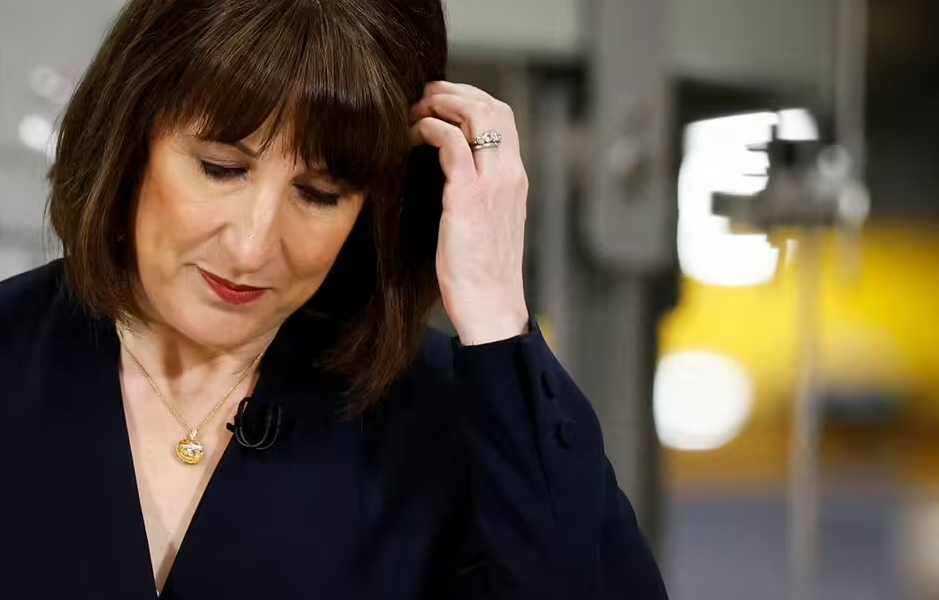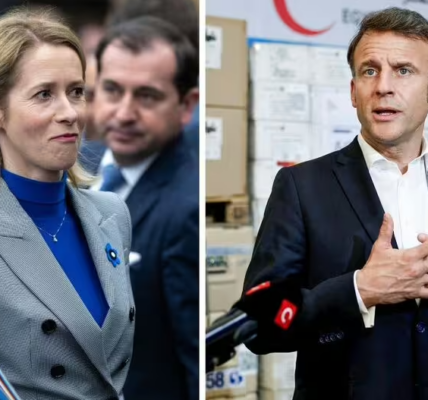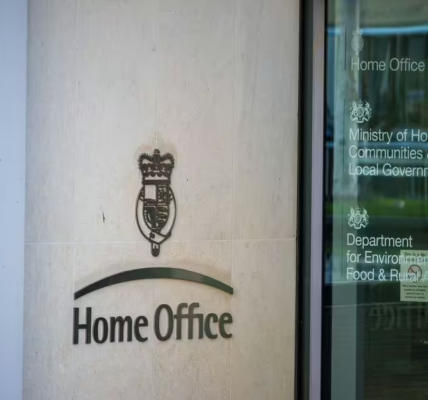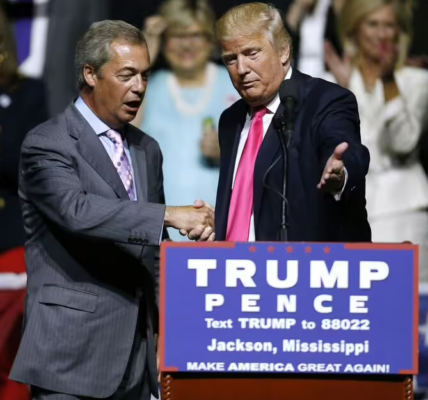Experts say council tax is now as bad as the dreaded poll tax, with councils warning of more increases in years to come

Councils say Chancellor Rachel Reeves is partly to blame (Image: Getty)
Millions of households face a council tax nightmare with nine out of ten authorities imposing inflation-busting increases of at least 4.99% from April.
Conservatives blamed Labour’s mismanagement of the economy with council leaders warning increases to National Insurance and the minimum wage have cost them hundreds of millions of pounds.
Experts said council tax had become the new poll tax with low-income families suffering most as the charge takes up a growing share of their income.
But the Local Government Association, which represents authorities nationwide, predicted another huge increase would be needed again next year as councils struggled with a “funding gap” of £2.6billion.
It said: “Councils of all types will continue to struggle to balance the books next year with many having to increase council tax bills to bring in desperately needed funding but still being forced to make further cuts to services.”
The warning came as new inflation figures showed Chancellor Rachel Reeves is failing to meet her 2% target with prices rising by 3% and the cost of food up 3.3% over 12 months.
Conservative Shadow Local Government Secretary Kevin Hollinrake said: “The news that nine in ten councils across England are being forced to impose the maximum council tax hike is a bitter pill for hardworking families, pensioners, and small businesses already grappling with higher outgoings from Labour’s budget.
“These soaring council tax increases come at a time when inflation is already driving up household food bills.”
Figures for the 139 top-tier authorities in England that have proposed or confirmed increases so far show only 15 are planning an increase below 4.99%, which for most councils is the highest they can charge without being forced to hold a referendum of local voters.
Six authorities have been given permission from Deputy Prime Minister Angela Rayner to impose an even bigger rise, including Birmingham, Windsor & Maidenhead, Trafford, Somerset, Newham and Bradford, where council tax will go up by 9.99%.
The average band D bill including precepts was £2,171 in England for the 2024-25 financial year – up from £1,750 five years previously.
Council leaders warn they are struggling to cope with soaring costs for social care and help for children with special educational needs, including the price of transporting them to school. But they also say the Chancellor has made their situation worse.
The Local Government Association (LGA) highlighted the Chancellor’s decision to increase the National Living Wage to £12.21 an hour without providing funding to pay for the rise, and said the increase in employer National Insurance contributions announced in Ms Reeves’s Budget would cost more than £1 billion.
In a submission to the Treasury, the LGA warned: “Recent changes to employer national insurance contributions rates and thresholds will add an estimated £637 million in direct costs to councils’ wage bills and up to £1.1 billion in indirect costs passed on from providers of outsourced or contracted out services. Government has only provided local authorities with £515 million in compensation.”
And the LGA told the Commons Local Government Committee that Government plans to abolish some district councils and create more regional mayors “add further uncertainty and potentially additional costs into the system”.
Think tank the Resolution Foundation compared soaring council tax bills to the poll tax, the unpopular method of funding local government introduced by former Prime Minister Margaret Thatcher in 1990 which helped lead to her removal from office.
Lalitha Try, Economist at the Resolution Foundation, said: “Council Tax is consuming a larger share of their poor families’ household budgets, who are spending almost as much on these bills as they pay in Income Tax.
“This terribly designed tax increasingly resembles the very thing it was meant to replace – the dreaded poll tax.”
Benjamin Elks of the TaxPayers’ Alliance said: “It’s a grimly depressing fact that every year there are but a handful of councils who don’t whack up rates by the maximum allowed.
“What it demonstrates is the sclerotic nature of local government, with far too little innovation or creativity to find ways to deliver services more efficiently for local taxpayers.
“Angela Rayner should be demanding a shake up in our increasingly torpid town halls or otherwise council tax will only continue to rise ever higher.”
Councils urged the Chancellor to provide financial help when she publishes her spending review on June 11. Pete Marland, Labour leader of Milton Keynes council and Chair of the Local Government Association’s Economy and Resources Board, said: “Councils recognise that having to increase council tax, to bring in desperately needed funding, places yet more financial burden on households.
“We remain clear to government that it is not the answer to meeting the long-term pressures facing high demand national services and needs to be urgently addressed in the upcoming Spending Review.”
But one MP said poor management at a local level had also contributed to soaring bills. Andrew Mitchell, an MP in Birmingham where the Labour-run council is imposing a 7.49% council tax hike, said: “The reason my constituents are being fleeced in this way is down to Labour incompetence and financial mismanagement across Birmingham. Labour has bankrupted Birmingham.”
The lowest increase in the country is in Labour-run Wandsworth, with a rise of 2%. Council leader Simon Hogg said: “Sound financial management is at the heart of everything we do.”
A Whitehall source said the increase this year was in line with increases under the previous government.
A Ministry for Housing, Communities and Local Government spokesperson said: “While councils are ultimately responsible for setting their own council tax levels, we are clear that they should put taxpayers first and carefully consider the impact of their decisions.
“That’s why we are maintaining a referendum threshold on council tax rises, so taxpayers can have the final say and be protected from excessive increases.
“Alongside this, we have taken a stricter approach than the previous government by only agreeing to a limited number of higher tax rises for councils in desperate need, so we can keep taxes on working people as low as possible.”



